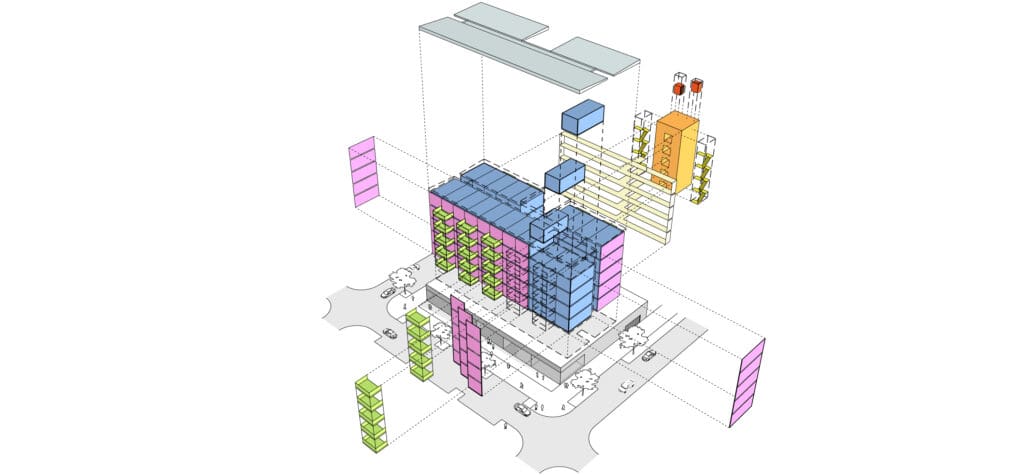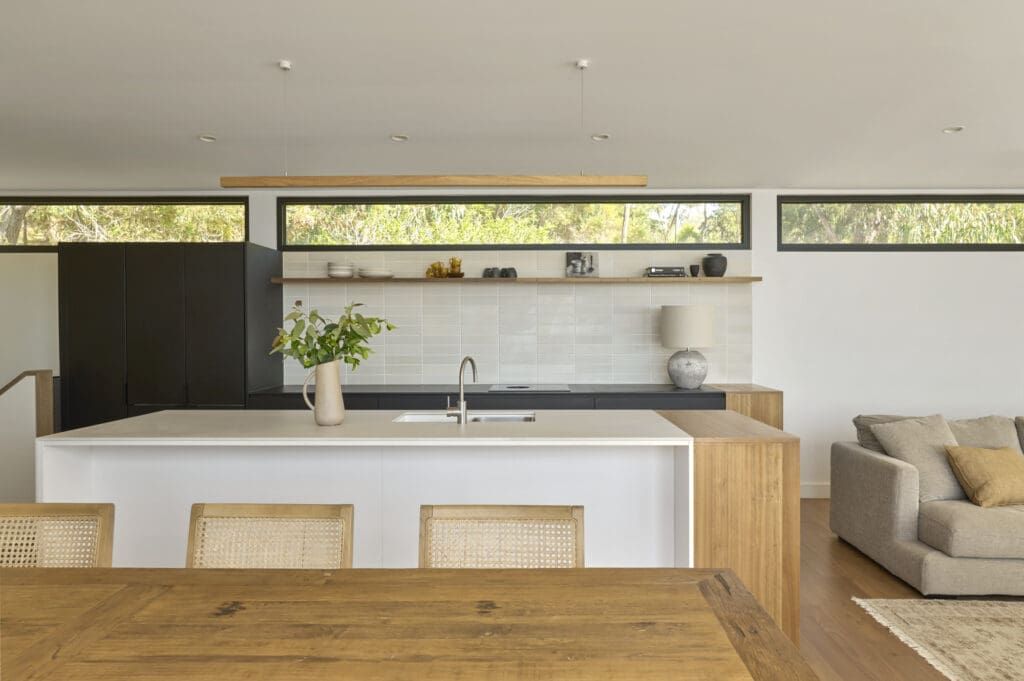Checking In: Revolutionising The Hotel Industry With Modular Construction

The construction of a hotel is a multifaceted process that involves careful planning, design, and execution. However, modular building is an ideal application for hotels due to the repetitive nature of their design. Most hotels follow a similar design pattern with identical or similar rooms, bathrooms, hallways, and common areas. This design uniformity allows for easy replication of modules, resulting in more efficient and cost-effective construction.
Modular construction enables faster construction times by building modules in a factory while site preparation is taking place. The modules can be delivered nearly complete, including furniture, fixtures, and equipment. This feature is particularly useful in areas where demand for hotel rooms is high and construction timeframes are tight. Furthermore, months and months of disruption in high traffic zones like city centres can be avoided by building modular. The cost savings for hotel developers can be immense. By using a standardised approach to construction, the cost of materials and labour can be reduced, resulting in a lower overall cost for the hotel. The hotel can also be up and running sooner, meaning the rooms will begin generating revenue faster.
Marriott CEO, Arne Sorenson, has been an advocate for modular construction in the hotel industry, often citing its benefits in terms of speed, cost, and sustainability.
Marriott has already built several hotels using modular construction, including a 97-room Fairfield Inn & Suites in Folsom, California, which was completed in just 26 days. The company has also announced plans to build a 168-room modular hotel in Manhattan’s NoMad neighborhood, which is expected to be completed in just 90 days.
Sorenson has praised the speed and efficiency of modular construction, stating that “the key to this construction process is speed, and the quality control that comes with manufacturing in a factory setting.” He has also emphasized the importance of sustainability in the construction industry, noting that modular construction can reduce waste and minimize the impact on the environment.
The hotel industry has the potential to be revolutionised by modular building. Its ability to offer faster construction times and cost savings, while minimising disruptions to city centres or key tourist spots, can provide a solution to the increasing demand for hotel rooms worldwide.





